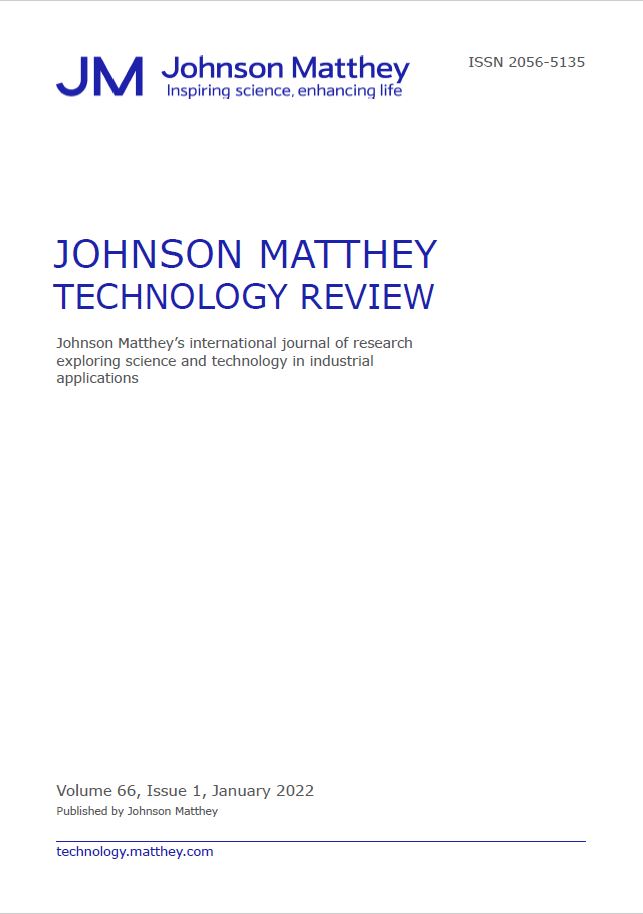-
oa In the Lab: A Biotechnology and Biological Sciences Research Council Network in Industrial Biotechnology and Bioenergy
Johnson Matthey Technology Review features laboratory research
- Source: Johnson Matthey Technology Review, Volume 67, Issue 4, Oct 2023, p. 414 - 415
-
- 03 Oct 2022
- 29 Aug 2023
Abstract
The Biotechnology and Biological Sciences Research Council (BBSRC) funded six Networks in Industrial Biotechnology and Bioenergy (NIBB) for a second phase in 2019 and previously 13 BBSRC NIBB for a first phase in 2014. These networks promote interactions between academia and industry to advance research along the technology readiness levels (TRLs). The networks fund collaborations that start in the region of TRL2 and Johnson Matthey contributes to the management of one of these BBSRC NIBB entitled ‘The Elements of Bioremediation, Bio-Manufacturing and Bioenergy (E3B)’. This network brings together communities working on metals in biology.
© Johnson Matthey


